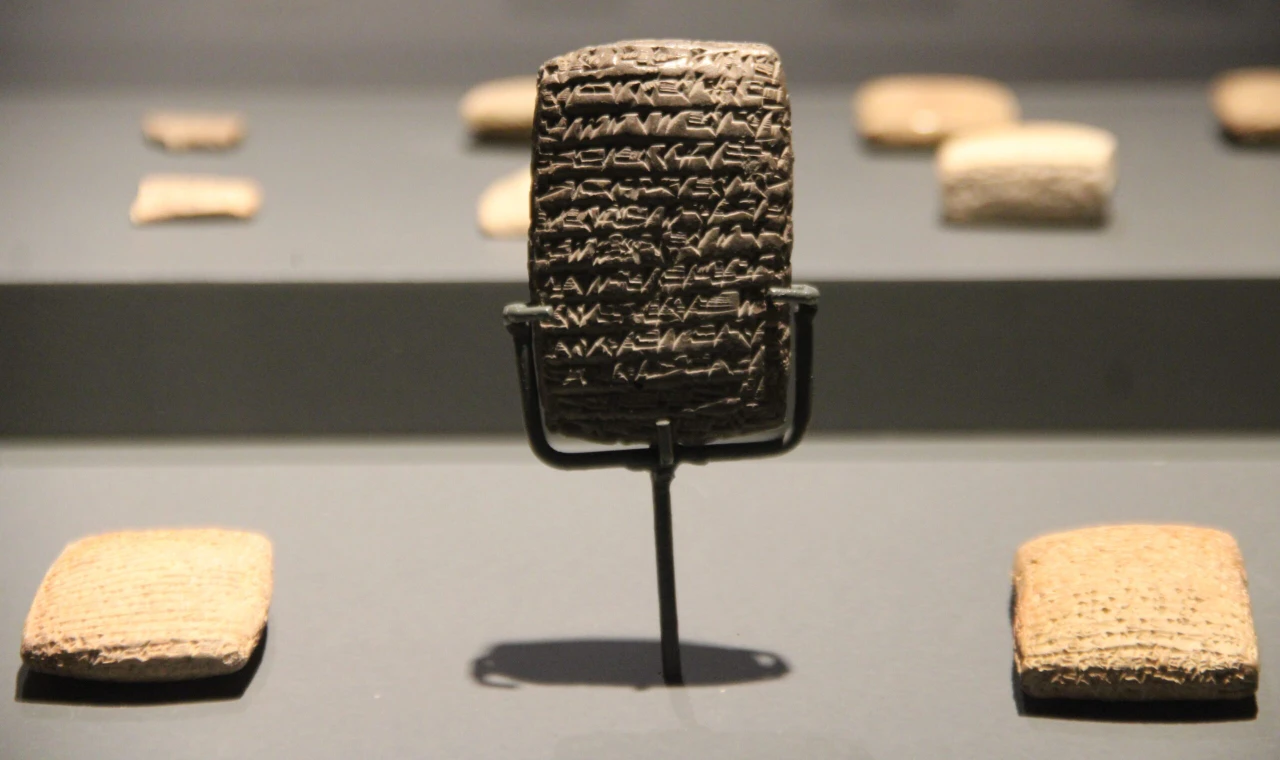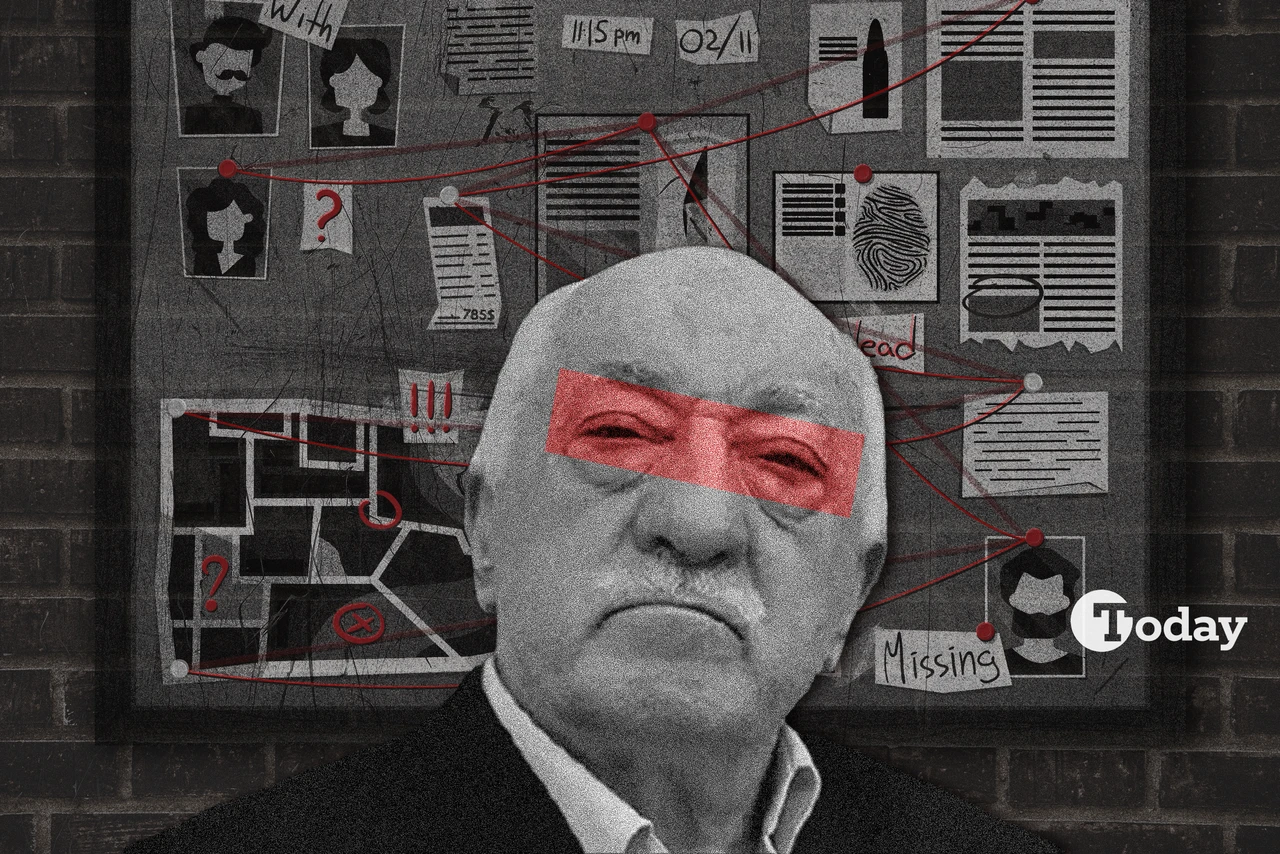Ancient words still spoken today discovered in 4,000-year-old tablets in Türkiye
 One of the Assyrian tablets found in Kultepe Kanesh-Karum, which traces the history of Kayseri, Türkiye back 6,000 years, April 21, 2025. (IHA Photo)
One of the Assyrian tablets found in Kultepe Kanesh-Karum, which traces the history of Kayseri, Türkiye back 6,000 years, April 21, 2025. (IHA Photo)
Kultepe Kanesh-Karum, one of the most important archaeological sites in Türkiye and known as “the birthplace of Anatolian history,” has entered its 77th year of continuous excavation.
As the dig unfolds in the heart of central Türkiye, new insights continue to emerge, including linguistic revelations that connect the ancient world to our everyday speech.
Located along the Kayseri-Sivas highway, Kultepe is home to one of Türkiye’s longest-running archaeological missions.
Headed by Professor Fikri Kulakoglu and supported by the Ministry of Culture and Tourism along with Kayseri Metropolitan Municipality, the excavations are bringing to light remarkable details about early Anatolian civilization.
Thousands of cuneiform tablets unearthed
Since the beginning of the dig, more than 23,000 cuneiform tablets, envelopes, and official records have been uncovered at the site.
Written in Old Assyrian using the cuneiform script, these tablets date back nearly 4,000 years and provide an extraordinary glimpse into the economic and social life of the time.
But beyond economic contracts and trade records, the tablets have also yielded a remarkable surprise: words that resemble or even directly match terms still used in modern Turkish—albeit via complex linguistic paths.
Ancient Assyrian words echo in today’s Turkish
Professor Kulakoglu explains that many of the words, although Assyrian in origin — a Semitic language considered an ancestor of modern Arabic—eventually found their way into Turkish through Arabic and Persian influence, especially during the Seljuk and Ottoman periods.
“Words like kira (rent), semsiye (umbrella), emlak (real estate), akran (peer), esir (captive), and mahallinde (on-site) appear in these ancient texts. Others, like aksam (evening), kadir (value or power), keser (adze), muzakere (negotiation), reis (chief), and vekil (deputy or representative), are used almost daily in contemporary Turkish,” said Kulakoglu.
He emphasized that while these words are not directly inherited from Old Assyrian, they reflect a shared linguistic heritage that evolved through centuries of cultural interaction.
The discovery underscores the deep historical roots of the Turkish language and how ancient civilizations continue to influence modern societies.
“Language is one of the strongest links we have with the past,” added Professor Kulakoglu. “To see that connection written in clay thousands of years ago is extraordinary.”



